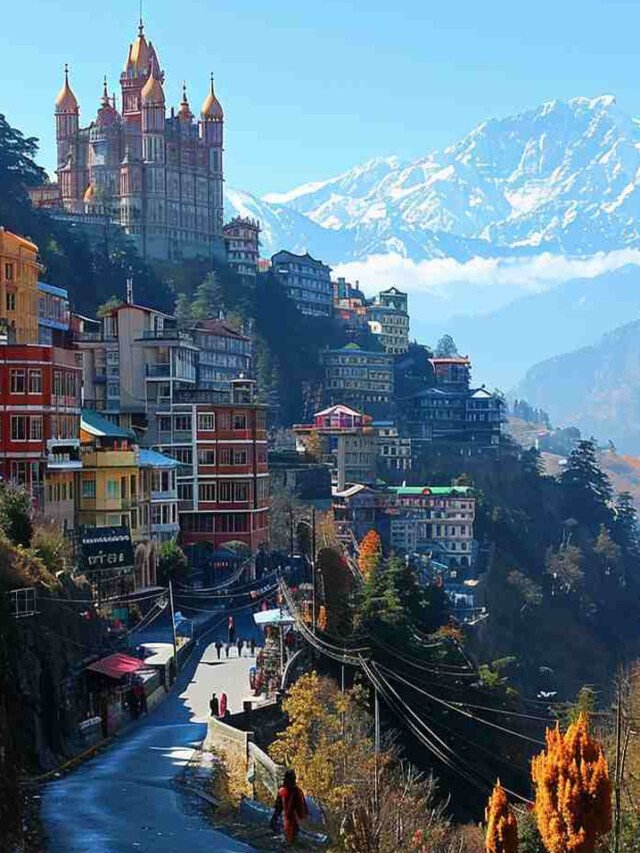HT Digital,
New Delhi, May 7: On Tuesday, the Supreme Court of India reserved its verdict on the plea presented by Delhi Chief Minister Arvind Kejriwal, who is contesting his arrest by the Enforcement Directorate (ED) in connection with a money laundering case related to a liquor scam. The court is scheduled to deliberate on the matter further next Thursday.
During the proceedings, the Supreme Court informed Kejriwal’s legal representative that granting him interim bail could potentially lead to conflicts with his official duties, thereby hindering government operations.
Expressing its concerns about maintaining the integrity of governmental functions, the Supreme Court iterated its reluctance to interfere in such matters, particularly during a period marked by ongoing elections. The court emphasized that if it weren’t for the current electoral activities, it would have been less inclined to offer interim relief to Kejriwal. Solicitor General Tushar Mehta underscored the need for equitable treatment under the law, citing the Representation of People Act, which suspends the right to vote during judicial custody.
Justice Sanjeev Khanna stressed the importance of avoiding any perception of special treatment for public figures, noting that Kejriwal does not have a history of criminal behavior. While acknowledging the need for a decision, the court acknowledged the exceptional nature of the circumstances at hand. Justice Khanna referenced past instances where interim bail had been granted in exceptional cases, reiterating that Kejriwal does not fit the profile of a habitual criminal.
Mehta cautioned against setting a precedent that might undermine public confidence in the justice system, particularly if it leads to the perception of preferential treatment for elected officials. Even if Kejriwal’s arrest was deemed justified, the court could still consider granting him interim bail, Justice Khanna pointed out.








